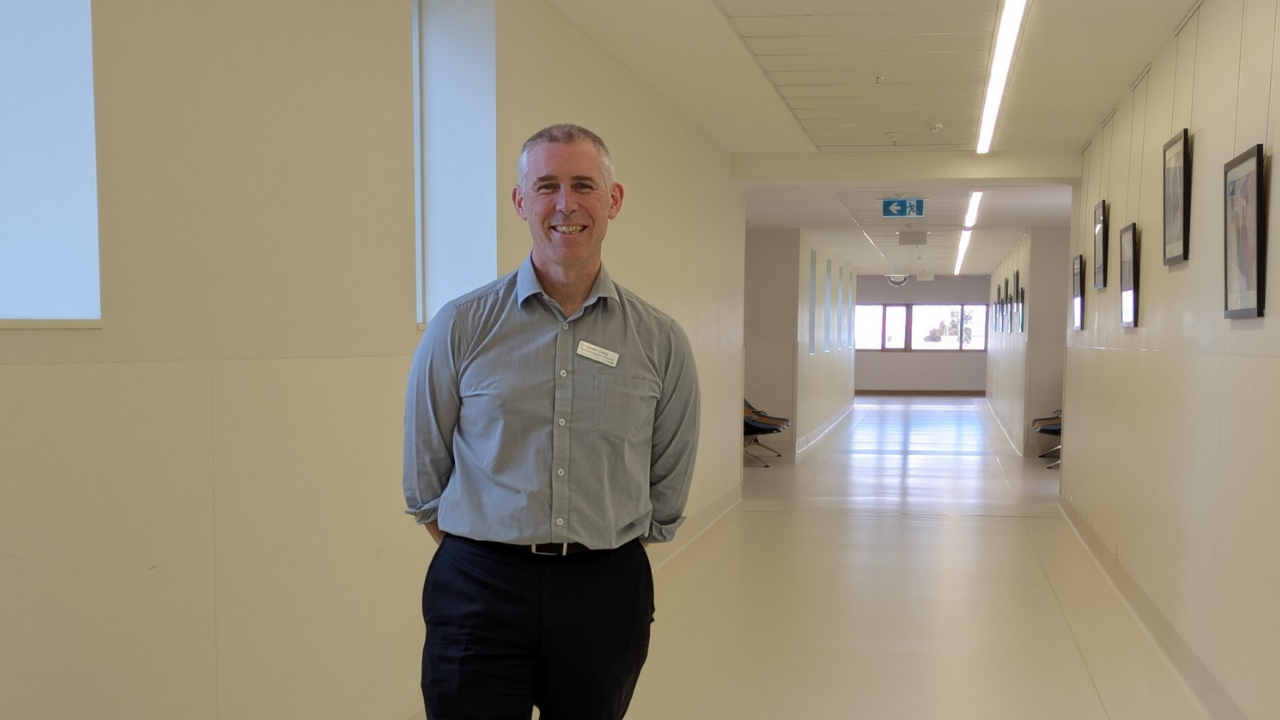
While a child’s limp or sore leg can be caused by inflammation after a virus, sometimes it’s a sign of something far more serious.
For a small number of children, the causes of a limp limb can be a joint infection, acute rheumatic fever – particularly for First Nations children who are at higher risk – or cancer.
‘Currently, there isn’t enough research to guide a consistent clinical approach to children with limb pain when they attend an Emergency Department (ED),’ said Adjunct Clinical Professor Simon Craig, a paediatric emergency physician at Monash Medical Centre.
Now, thanks to a $3.1 million grant from the National Health and Medical Research Council‘s (NHMRC) 2024 Clinical Trials and Cohort Studies program, Professor Craig, who is an Adjunct Clinical Professor at the Department of Paediatrics at Monash University, will lead a major multi-centre study to change that.
The project will be the first to develop a validated clinical decision rule for assessing acute limb pain in children presenting to EDs.
‘This study is aiming to record data on a large number of children presenting to the ED with a lower limb pain or limp, follow them up to work out who develops a serious condition – such as infection, acute rheumatic fever, and then develop clinical guidelines that can be used to improve the way we investigate these children to improve the accuracy of diagnosis,’ he said.
Over five years, the team will recruit around 6,200 young patients across 18 hospitals through the PREDICT (Paediatric Research in Emergency Departments International Collaborative) Network in Australia and New Zealand — including Monash Medical Centre — to build a detailed evidence base.
Monash Health’s Head of Paediatric Radiology, Professor Michael Ditchfield, and Head of Paediatric Rheumatology, Dr Peter Gowdie, will provide additional expertise.
One of the biggest challenges will be ensuring consistency across hospitals, where some doctors rotate every three months. To overcome this, each site will have a dedicated research nurse to educate clinicians and follow up with enrolled families.
‘Hopefully, by the end of this study, we will have enough information to provide helpful advice to ED medical staff, helping them make a rapid and accurate diagnosis for these children and their families,’ Professor Craig said.
‘Ideally, we will be able to better determine who requires blood tests and x-rays or ultrasound to exclude serious problems, and who can be safely sent home without unnecessary tests.’


